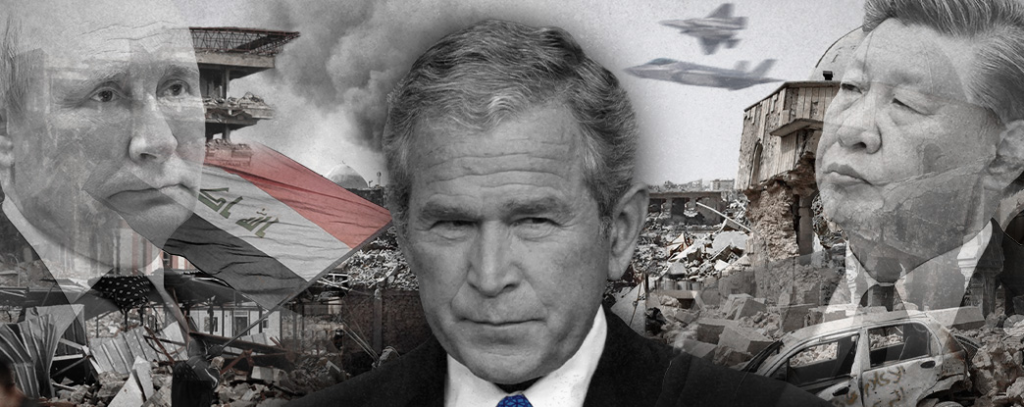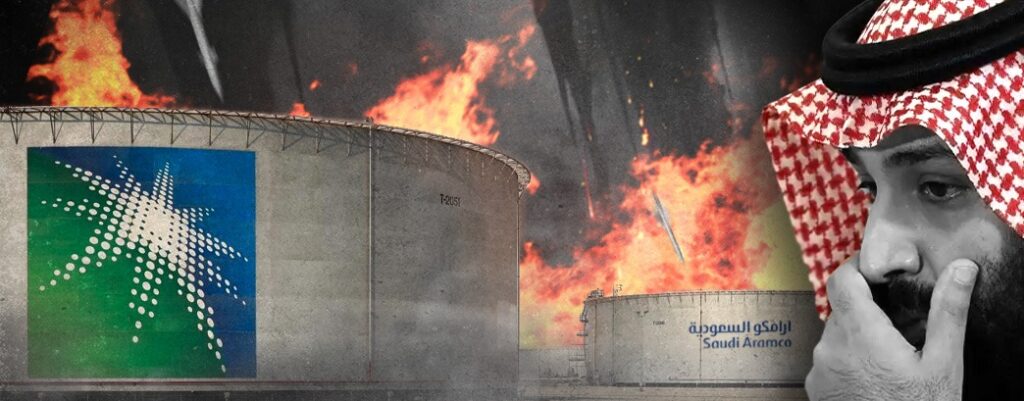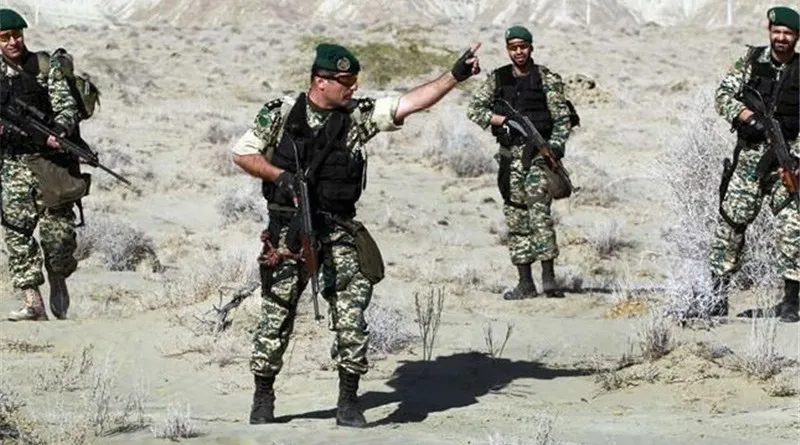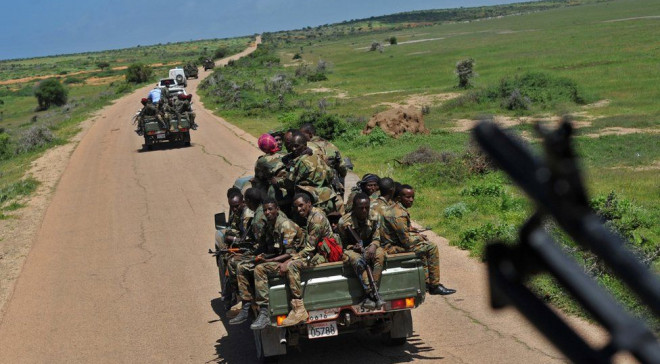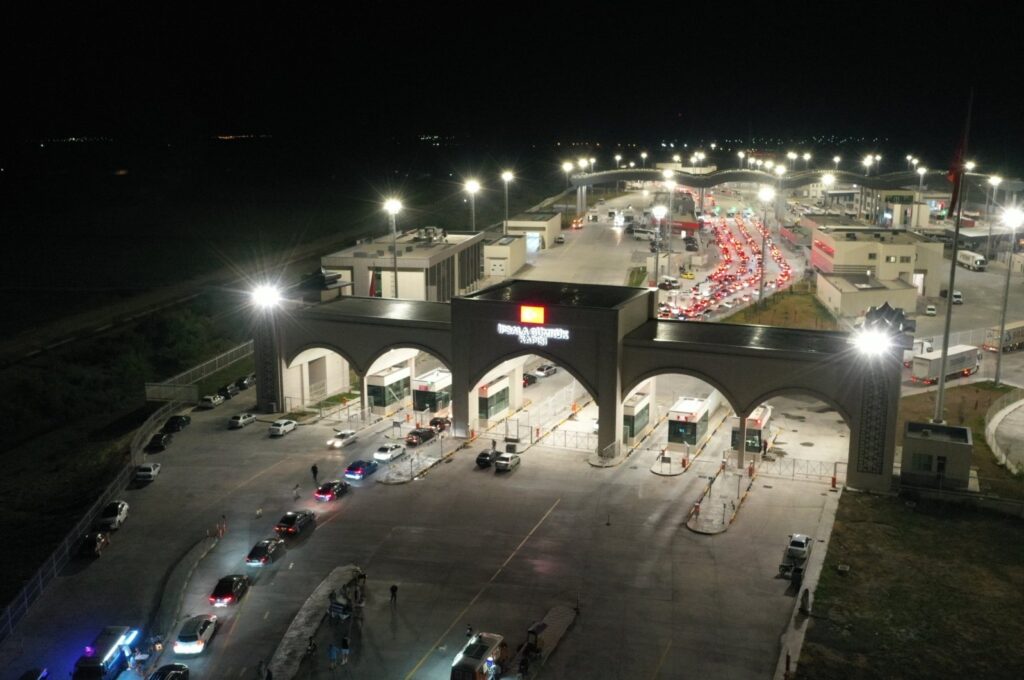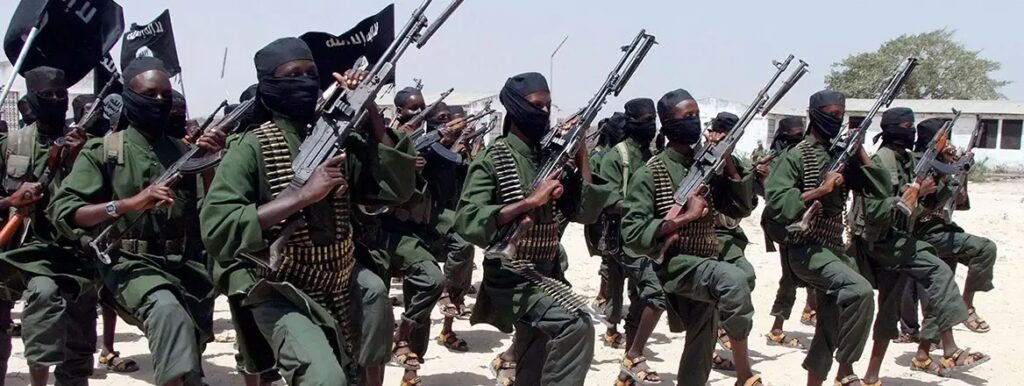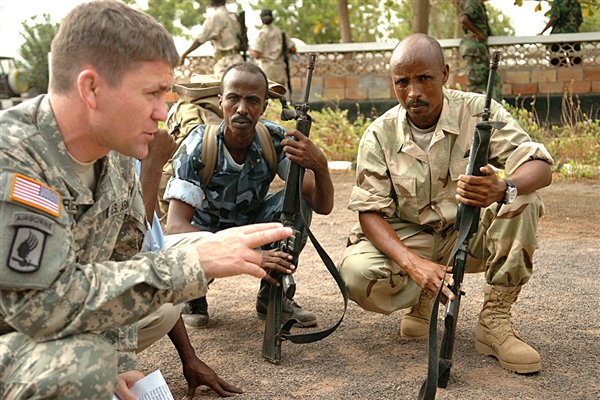The Nigerien army has killed 20 Boko Haram fighters near the border with Nigeria, AFP news agency reported.
Military operations bulletin in the Diffa region (south-east of Niger) consulted by the agency indicated that the army last week wiped out in an “air-land sweep” operation the bases of the Islamic State in West Africa group (ISWAP, a splinter faction of Boko Haram) installed in the Matari forest in Nigeria from where attacks against towns and military positions in Niger are planned.
The bulletin also notes that the operation aimed to “maintain pressure on ISWAP” and “cut its supply lines”. Some 20 “terrorists have been reportedly neutralized” and “83 suspected Boko Haram terrorists” were captured and handed over to the Nigerian authorities.
The operation was conducted from March 13 to 19 by the Nigerien military of the Mixed Multinational Force (MMF) an 8,500-strong force launched in July 2015 by Niger, Nigeria, Chad, and Cameroon, to fight armed jihadist groups. In a separate note, the army claims to have intercepted and handed over to Nigerien authorities a total of 1,121 suspected Boko Haram members, including women and children.
These people live in the Sambissa forest in northeastern Nigeria and travel to the Nigerian islands of Lake Chad to flee fighting with their rivals in the Islamic State in West Africa (Iswap).
On March 11, it had also killed “some 30 terrorists” who refused to surrender.
